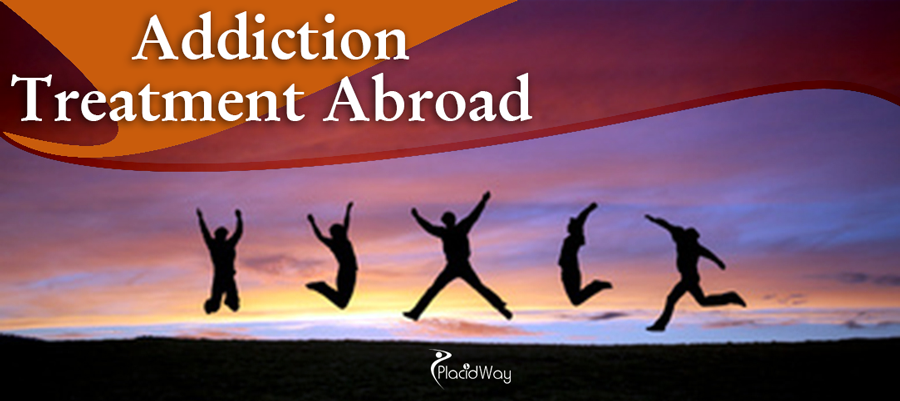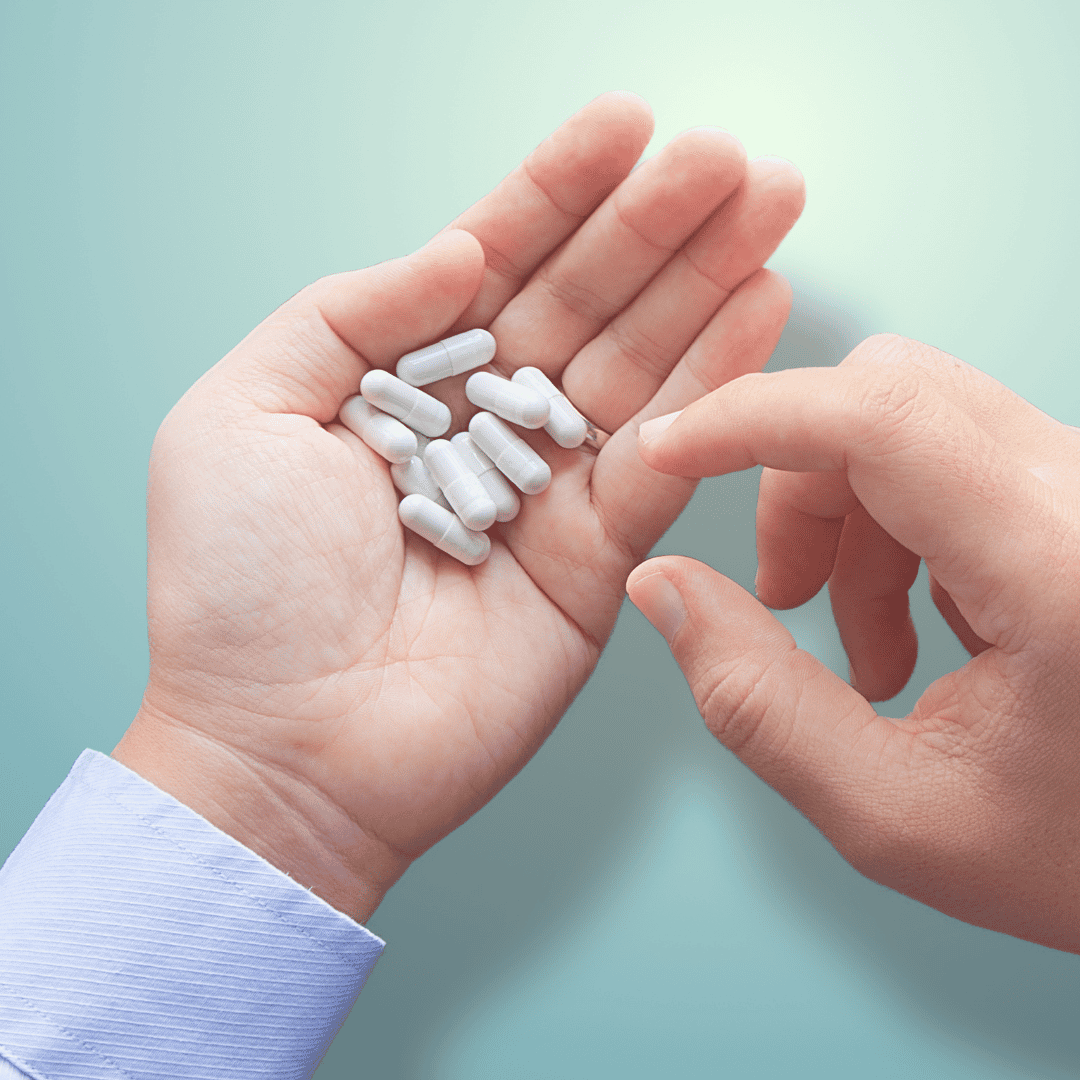Addiction Treatment

Addiction Treatment Abroad
Many people think addictions are not a real problem and that people who are actually sick are faking it or trying to ask for attention, when in reality addiction is a disease and the person suffering from addiction has lost the ability to control his/her life.
Addiction is generally defined as having the uncontrollable urge to doing, taking or using something, to the point where it becomes harmful to the addict. Mostcommonly associated with gambling, drugs, alcohol and nicotine, with addiction it is possible to be addicted to anything.
Addiction affects both teenagers, young adults and people in their 60s. Why someone should become an addict is different for each age group: group/friend's influence, the need to be 'cool', to rebel, boredom, curiosity, anxiety, the need to relax, experiment, fit it, deal with grief, sorrow, disappointment, sadness, stress, etc.
Types of Addictions:
Substance addictions
- Drugs
- Cocaine
- Heroin
- Barbiturates
- Alcohol
- Smoking
- etc.
Behavioral Addictions
- Gambling
- Eating disorders
- Internet & video games
- Sex
- Shopping
- etc.
Addiction Therapies
Great addiction therapies are capable of changing the way a person reacts to substances. Instead of comfort and pleasure, a person receiving just the opposite developing a natural feeling of repulsion towards the substance, transforming the former addict into a confirmed advocate of sobriety.

Substance Detoxification
Substance detoxification doesn't cure drug addiction, being merely the first step in the long way towards complete rehabilitation. Its purpose is to deliver the safe and comfortable elimination of the drugs from the body and prepare the individual for the further rehabilitation. Detoxification itself is not designed to solve psychological, social and behavioral aspects of addiction. Unless all these components of addiction are also treated, relapse is very possible.
Currently there are five detoxification methods (selection of a particular method depends on the results of diagnostics, individual characteristics of a patient, the risk factors and the patient`s wishes).
• the patient does not feel unpleasant symptoms, he is protected from pain
• the mental processes and sleep are normalized, anxiety is eliminated
• the metabolism is recovering, during detoxification patient receives infusions with vitamins, amino acids, antioxidants, immune stimulators
• there is a positive influence on the liver, brain and other organs that have been damaged due to the use of narcotics
• the patient can receive all the necessary medical help at any time
Individual vs. Group Therapy
Any counseling therapy for can be effective, depending on each individual case, in drug addiction, group therapy is generally preferred over individual therapy. In group therapy, a person is more likely to be both challenged and supported by peers who are also going through drug rehab. Twelve-step programs are the most well-known group therapy organizations.
Individual therapy can be helpful in the case of a dual diagnosis: coexisting depression, bipolar disorder, or other significant mental health condition that requires treatment in its own right, separate from the opioid addiction.

Outpatient vs. Inpatient Treatment
Inpatient (residential) therapy allows the addicted person to temporarily escape the environment that pushes or allowd him or her to use drugs. A person goes away to a specialized facility (Rehab and Addiction Centers) for a period of weeks to months. Inpatient drug abuse treatment programs can be expensive, usually costing tens of thousands of dollars but there are many options worldwide and for any type of budget.
Outpatient treatment programs are the usual setting for ongoing prescription drug abuse treatment.
Cognitive Behavioral Therapy
Cognitive behavioral therapy (or CBT) teaches a person how to recognize moods, thoughts, and situations that cause craving and the need to get back to the addictive behaviour. A therapist helps the person avoid these triggers, and replace negative thoughts and feelings with ones that are healthier.
The skills learned in cognitive behavioral therapy can last a lifetime, making it a potentially powerful method of addiction treatment.
More recent advancements in treating addictions include:
- Hyperbaric chamber therapy
- Oxygen Therapy
- Combined Group Therapies
- And more...
Most therapies require an initial visit with the attending physician or expert in treating the addiction. The important factors to be taken into account when choosing the addiction therapist or therapy is the experience and results of the doctor treatment, the accreditations and former patients who have successfully dealt with the type of addiction in question.
If you think you, or a family member, might be addicted to a substance, activity, object, or behavior, please seek support for the problem.
Do it today!
By: PlacidWay,










